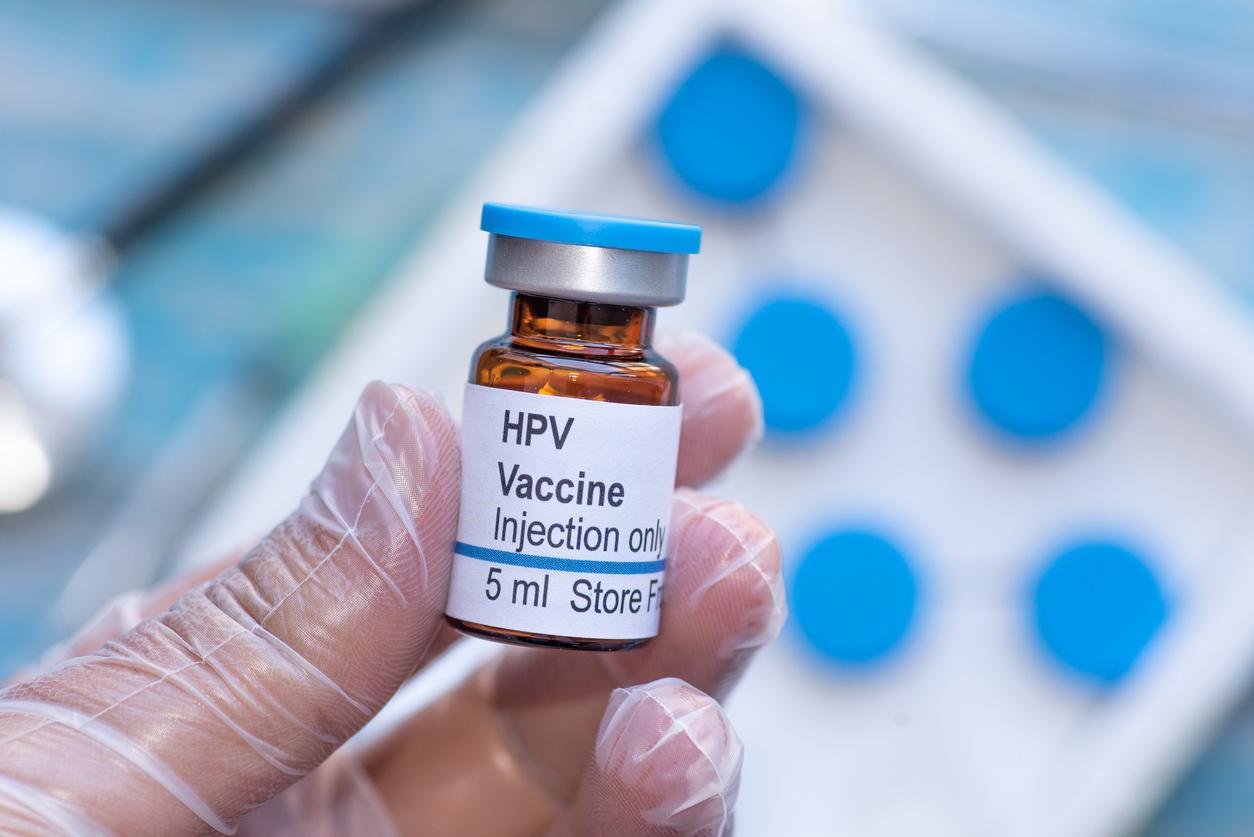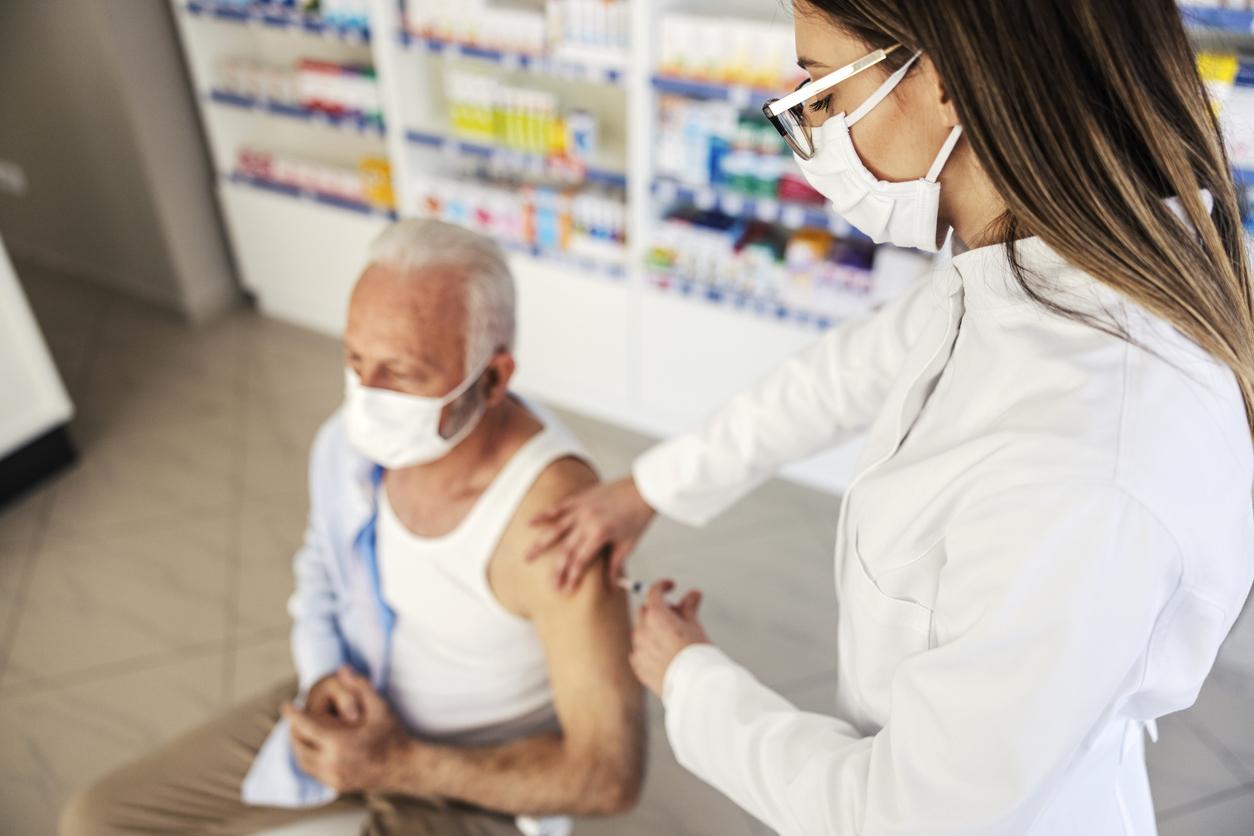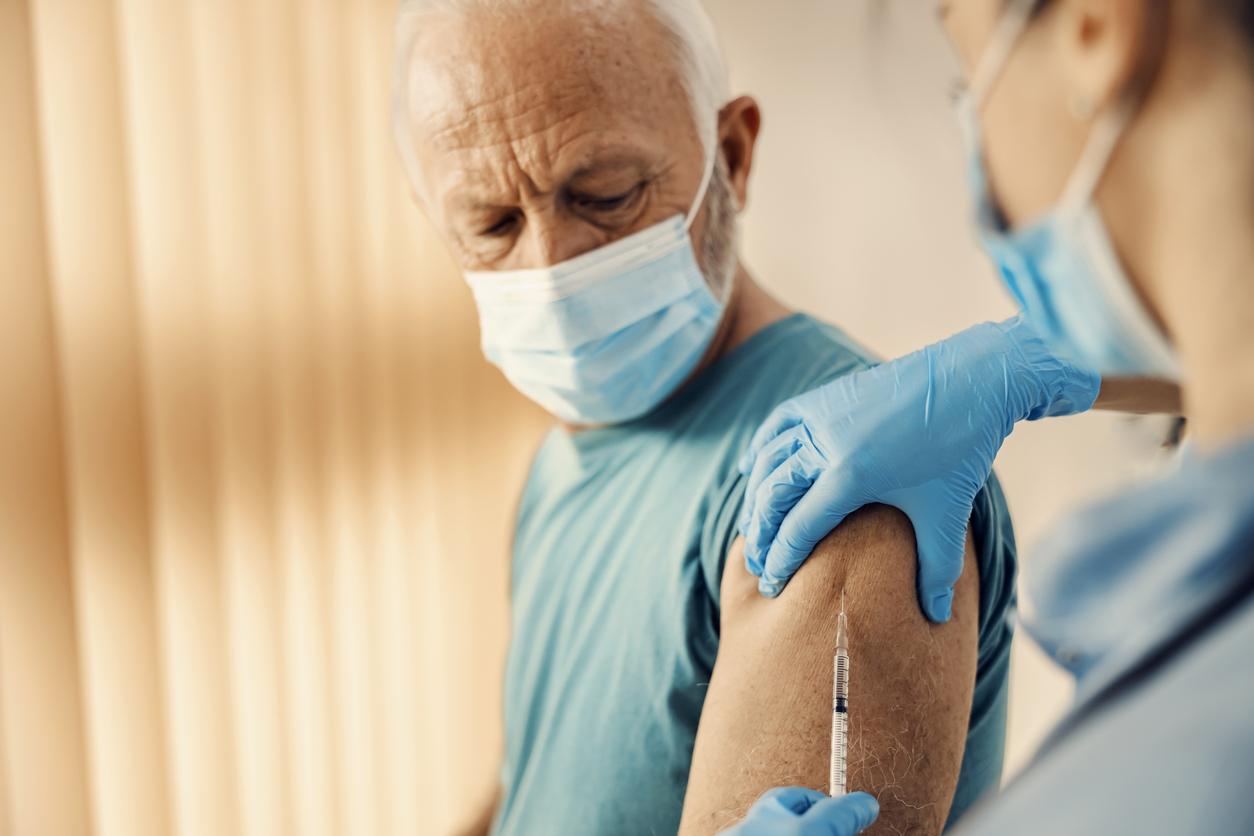Competition between pharmaceutical laboratories is pushing them to quickly test their prototype vaccine on a large scale before placing it on the world market. To land the millions at stake, many are deciding to forge partnerships in North and South America where the pandemic is raging.
-1598273754.jpg)
Sometimes out of chaos comes hope. While the United States and Latin America account for more than half of the contaminations and deaths in the world linked to Covid-19, many laboratories are signing partnerships for the production, distribution and testing of vaccines against the coronavirus on both continents. Among the six most advanced “vaccine candidates”, according to the World Health Organization (WHO), half have chosen to recruit Brazilian and American volunteers. These two countries are the most contaminated and bereaved in the world. The alliance between the British-Swedish pharmaceutical group AstraZeneca and the University of Oxford (United Kingdom) intends to recruit 2,000 volunteers in Brazil and 30,000 in the United States. The Chinese Sinovac has entered into a partnership with the Butantan Institute – the equivalent of the Pasteur Institute in Brazil – and wants to test its vaccine on 9,000 Brazilian caregivers. The American company Moderna TX plans to test its own on 30,000 compatriots, while the New York-based Pfizer plans to inoculate its vaccine to 9,000 people in Argentina, Brazil and the United States.
Why so excited? These six laboratories have reached phase III of the test, the one before the approval of the treatment. The goal is to ensure that the vaccine developed is safe for humans, effective, and that it has a lasting effect, in addition to determining the optimal dose. At this point, the drug is compared to other treatments and a placebo. However, to verify this effectiveness, the best way is to apply it in countries where the virus circulates enormously, which is the case of the majority of countries on the American continents.
Risk sharing
However, using part of the population – volunteers – as guinea pigs often requires a local partnership. Brazil, by participating in the development of a probable vaccine against Covid-19, is ensuring rapid delivery of the product when demand risks creating international tension. Ironically, since its president, Jair Bosonaro, remains “skeptical” in the face of science and does not hesitate to qualify this global pandemic as “little flu”.
Laboratories lacking funding and countries looking for a solution to stem the pandemic are multiplying partnerships. This is particularly the case of the Parana Institute of Technology (Brazil), which signed a memorandum of understanding with the Russian sovereign fund RDIF in early August so that Russian scientists can test their controversial vaccine prototype “Sputnik V”. out of 2,000 Brazilians. If successful, the Brazilian state, like Cuba, will produce the vaccine and guarantee its immediate access to its population. Similarly, the governments of Argentina and Mexico last week signed an agreement with European company AstraZeneca to produce and distribute the vaccine candidate in Latin America with funding from the Slim Foundation, Mexican telecom mogul Carlos Slim, a man on richest in Latin America. “This is an opportunity for all of Latin America, which will not wait for the first doses to be sold first to developed countries and be forced to wait at the end of the queue”, says Graciela Ciccia, R&D director of the Argentinian group Insud, partner of this contract. A great hope which also carries an unprecedented risk: that the financed vaccine does not give the expected results. Faced with this competition from everyone for themselves in access to the vaccine, the WHO recalls that it is possible that no vaccine will be found and calls for the fight against “vaccine nationalism”. In vain it seems.
.

















